13 February 2025
Do you remember the thrilling days of classic PC role-playing games (RPGs)? Back when the term "open-world" wasn't just a flashy buzzword, but a promise of endless adventures? When dialogue trees felt like genuine conversations, and quest logs were scribbled on actual notepads by your desk? Oh, those were the days! The Golden Age of PC RPGs, spanning from the late 1980s to the early 2000s, was nothing short of magical. It was a time when developers chased passion over profit, and players were rewarded with immersive worlds crafted with love, sweat, and a sprinkle of pixel art.
Let’s crank up the nostalgia dial, dust off those figurative floppy disks, and revisit this golden era. Ready? Here we go!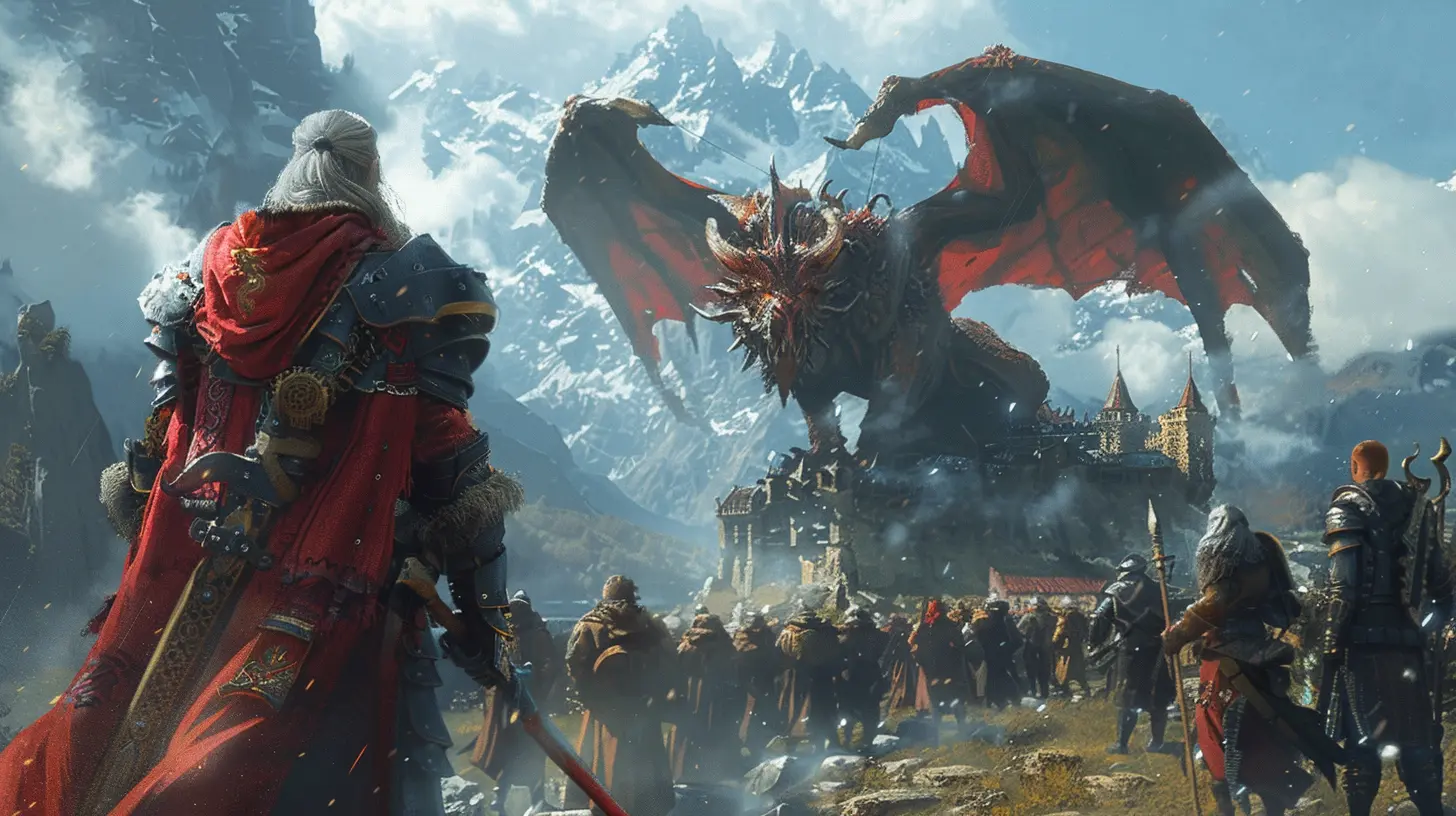
Why Was It Called the "Golden Age"?
You might be wondering why this particular slice of gaming history gets the grand title of "Golden Age." Well, it wasn’t just the sheer volume of games—it was about innovation, freedom, and storytelling. Back then, technology was just starting to catch up with developers' dreams. Studios pushed boundaries instead of playing it safe. Each release felt like a bold experiment, a love letter to fantasy nerds and sci-fi geeks alike.What really made this era shine, though, was how developers treated players. RPGs from this period respected your intelligence. They didn’t spoon-feed you objectives or slap giant arrows on the screen. You had to explore, think, and sometimes fail (okay, a lot of times fail). These games trusted you to figure things out—and that made victory feel oh-so-satisfying.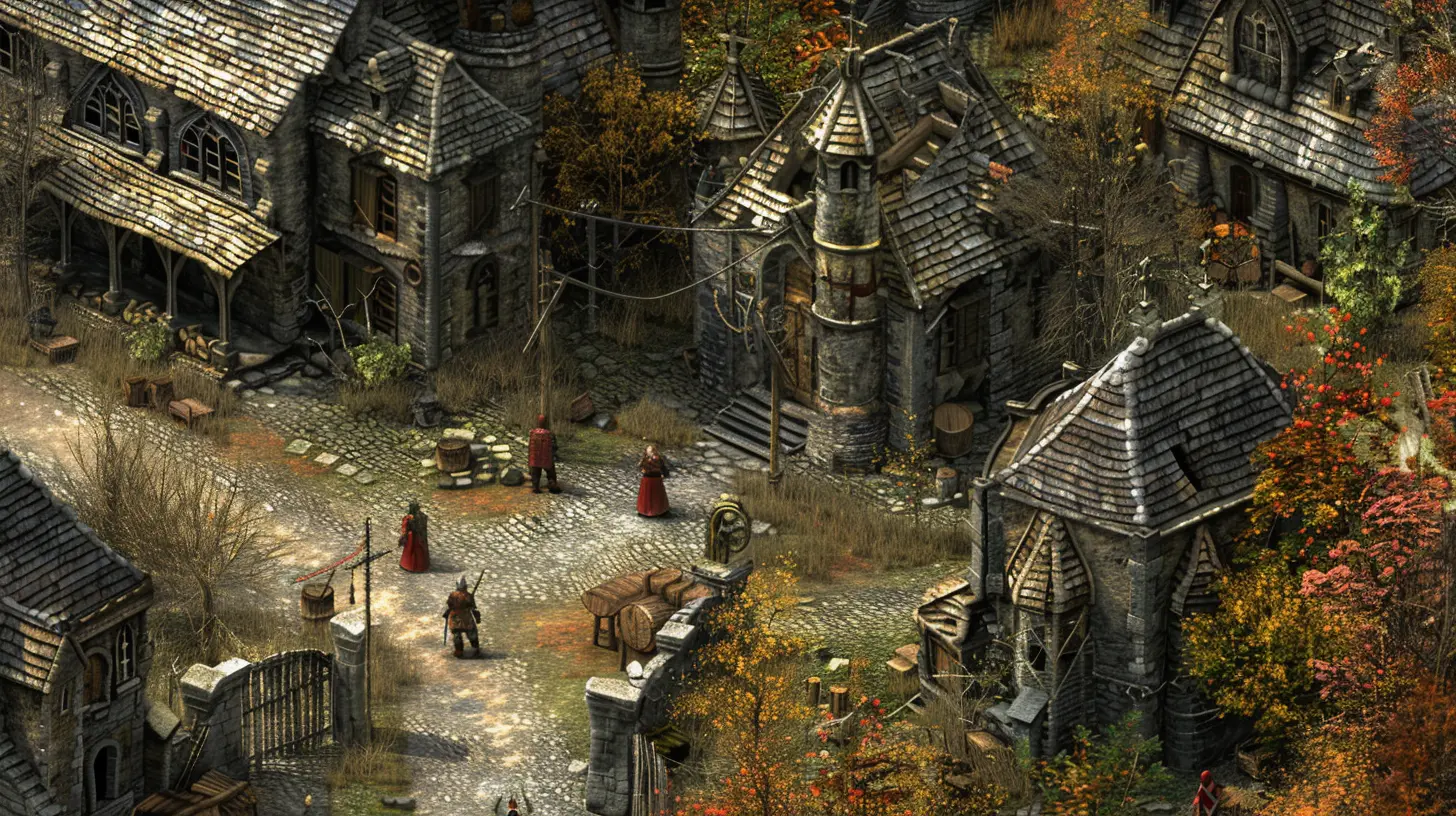
The Titans of the Era
No conversation about this era would be complete without tipping our hats to some of the legendary games and developers who made it all possible. So grab your +2 nostalgia goggles, because we're diving deep.1. Baldur’s Gate Series
Cue the iconic opening theme music! Bioware’s Baldur’s Gate (1998) and its sequel, Baldur’s Gate II: Shadows of Amn (2000), defined what it meant to be an RPG on the PC. These games brought the Dungeons & Dragons universe to life in a way that felt both authentic and accessible. Think of them as the granddaddies of modern party-based RPGs.What made these games legendary? The dialogue, the characters, and the sheer depth of the world. Minsc and Boo, anyone? (Yes, I’m totally naming my next pet hamster Boo.) These titles gave players the chance to truly role-play, offering rich narratives and choices that impacted the game world.
2. Planescape: Torment
Let’s talk about a game that completely flipped the script. Released in 1999, Planescape: Torment was the weird, artsy cousin of RPGs. It asked one haunting question: "What can change the nature of a man?" Unlike traditional games focused on combat, Planescape was all about story. Dialogue options outnumbered battles 10 to 1, and every character you met felt layered and complex.Oh, and the art style? Magnificently bizarre. Playing Planescape: Torment felt like stepping into a Salvador Dalí painting, blended with philosophical musings. Not your typical dungeon-crawling fare, right?
3. Fallout 1 & 2
Before Bethesda’s 3D wastelands, we had Fallout (1997) and Fallout 2 (1998). These post-apocalyptic RPGs offered twisted humor, deep moral dilemmas, and worlds brimming with danger. Whether you were bartering bottle caps, negotiating with mutants, or blowing up entire towns (Megaton, hold my Nuka-Cola), these games gave you unparalleled freedom.Where else could you talk your way out of a final boss fight? That’s right—Fallout let you charm, cheat, or outright outsmart the game without resorting to combat. Absolute chef’s kiss.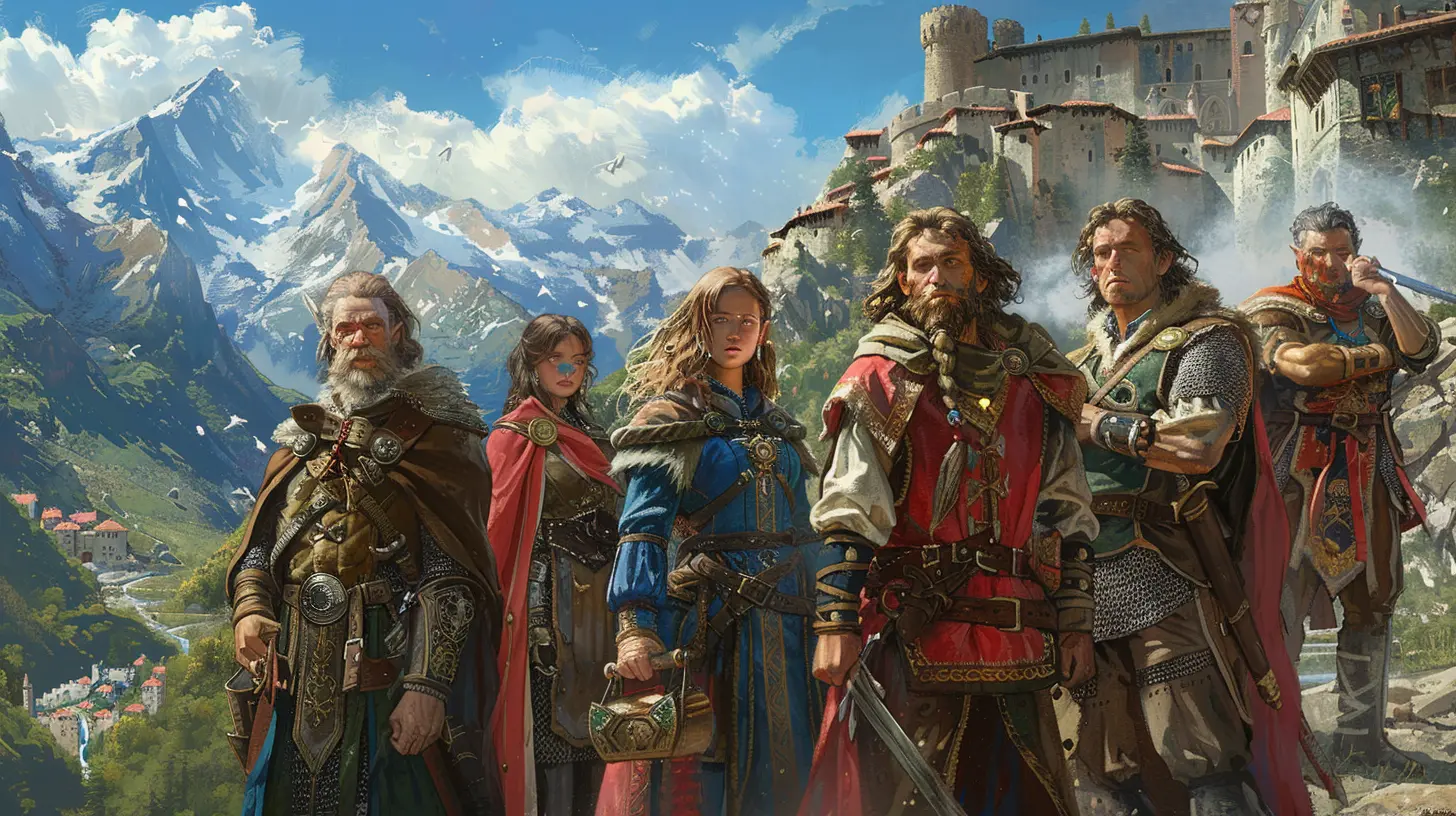
What Made These Games Special?
Okay, let's break this down. Why do these games still hold up decades later while so many other titles from the 90s are best left in the dusty corners of our floppy disk collections?1. Player Agency
In modern games, you often follow scripted paths like a train on tracks, but not here. In the Golden Age, you could be the hero, the villain, or something completely in-between. Want to loot an entire village? Go for it. Want to be a pacifist? Sure thing. These games gave you the reins.2. Stories That Stayed With You
These weren’t just games—they were epic stories that rivaled the best fantasy novels. Remember the gut-punch plot twists? The moral choices that kept you awake at night? The NPCs who felt more alive than some folks you meet in real life? Yep, Golden Age RPGs gave us unforgettable tales.3. Complex Worlds
These weren’t cookie-cutter environments. They felt alive. Every town had its own rules and culture. Every NPC had their own motives. You could spend hours just wandering, discovering hidden nooks, reading item descriptions, or listening to tavern gossip. These games proved that world-building wasn’t just a backdrop—it was the experience.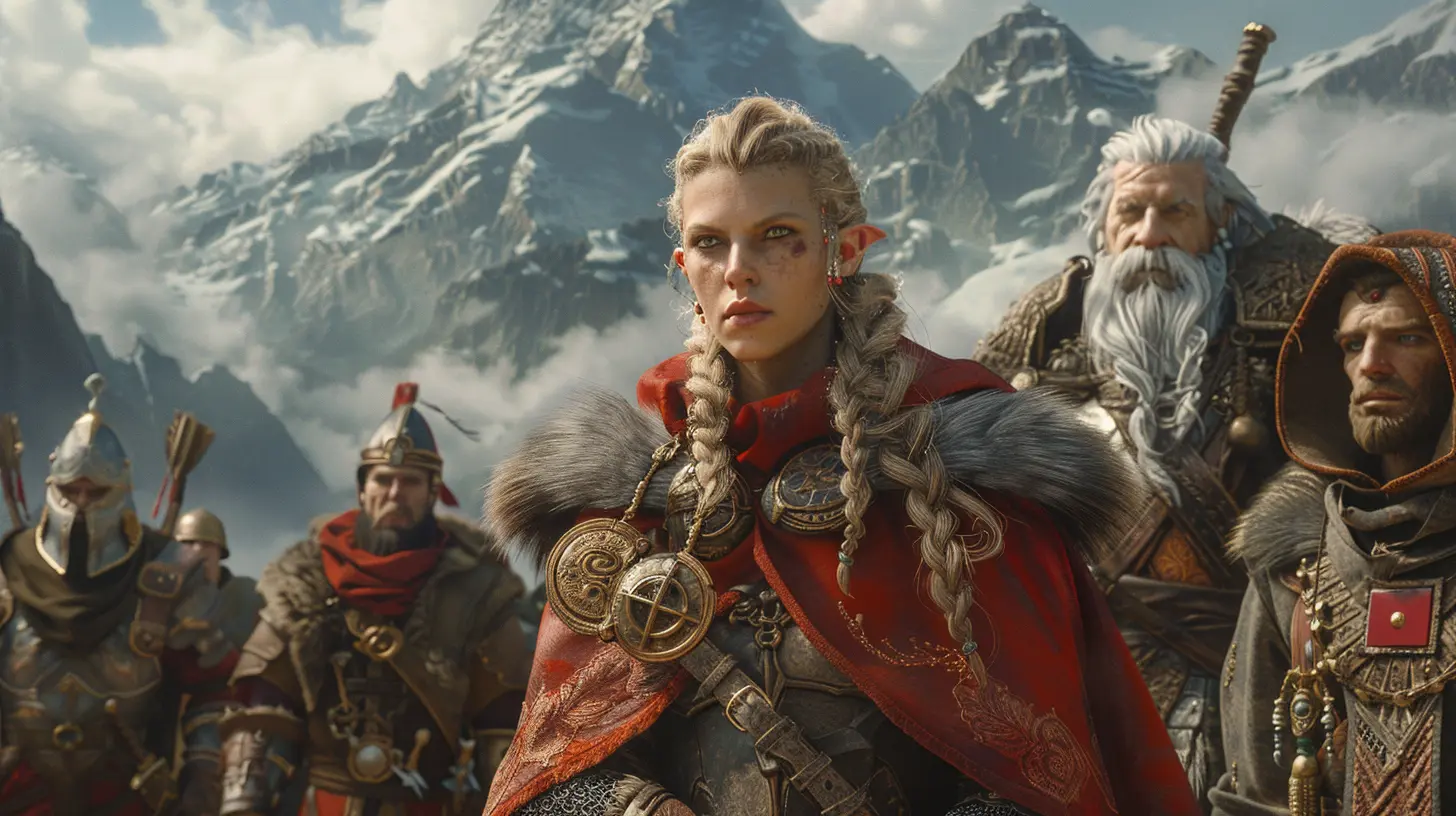
The Technology That Shaped It All
Back then, hardware was a limitation, but also a source of creativity. Developers had to make the most of what they had. Remember isometric graphics? They weren’t just a stylistic choice—they were practical, allowing devs to pack sprawling maps into limited pixels. But in hindsight, didn’t that bird’s-eye view make everything feel… bigger? Like you were looking down on a living world from the heavens?Soundtracks, too, deserve a shoutout. These weren’t symphonies recorded with live orchestras—most were MIDI masterpieces. Yet, they still managed to pull on your heartstrings. Even today, you can hear the haunting melodies from Baldur’s Gate or Fallout and be transported back in time.
The Fall and Rise
So, what happened? Why did this golden era fade away? Well, the early 2000s saw a shift in gaming. Consoles became dominant, and developers began catering to broader audiences. RPG mechanics were simplified, and many PC-exclusive franchises either disappeared or got watered down. Big publishers began valuing profits over innovation (hard to believe, huh?), and the industry tilted toward action-packed, cinematic experiences.But here’s the good news: that golden age? It’s making a comeback. Indie developers, inspired by these classics, are breathing new life into the genre. Just look at games like Divinity: Original Sin or Pillars of Eternity. Heck, even Baldur’s Gate 3 is a thing! The spirit of the golden age is alive and well—it just took a little detour.
Why Does It Matter Today?
You might be wondering, “Why should I care about a bunch of old games? They’re so… pixelated!” But here’s the thing: the Golden Age of PC RPGs laid the foundation for everything we love about today’s games. Without them, we wouldn't have the richly detailed worlds, branching storylines, or player choice we now take for granted.Plus, these classics remind us of a time when gaming was a labor of love. When devs weren’t afraid to take risks. And honestly? That’s something worth celebrating in any era.
Wrapping It Up
The Golden Age of PC RPGs wasn’t just a chapter in gaming history—it was the chapter that turned many of us into lifelong gamers. It was about getting lost in worlds that felt bigger than life. It was about choices that mattered and stories that left a mark. And even though the graphics might seem ancient today, those memories? Timeless.So if you’ve never experienced the magic of these golden-era RPGs, what are you waiting for? Fire up a good emulator or grab them on digital storefronts. (Trust me, they’re worth every pixel.) And for those of us who’ve been there before? Maybe it’s time to revisit those worlds and relive the magic all over again.

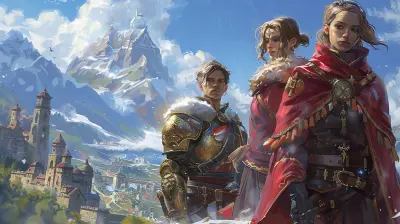
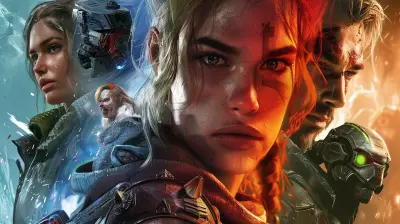
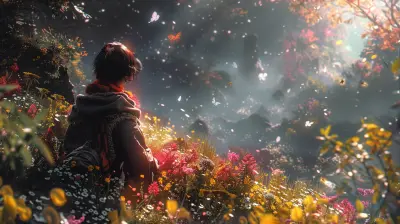



Lira McGuffin
The Golden Age of PC RPGs set the standard for storytelling and immersion. It's fascinating to see how these classics continue to influence modern gaming, proving that timeless design and narrative still resonate with players today.
March 2, 2025 at 5:04 AM